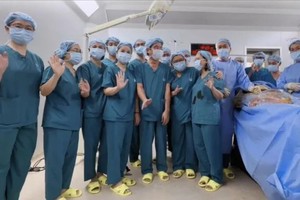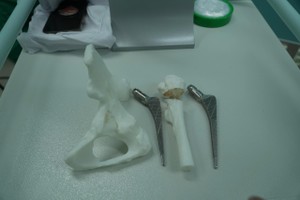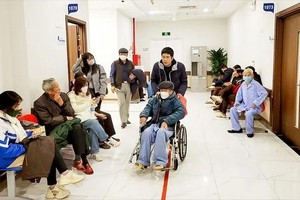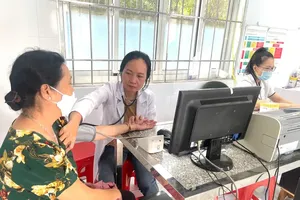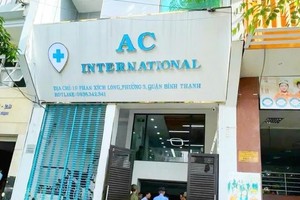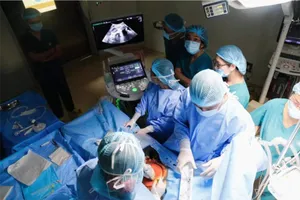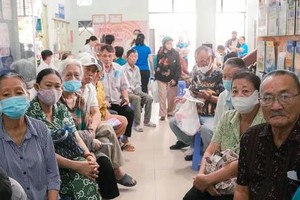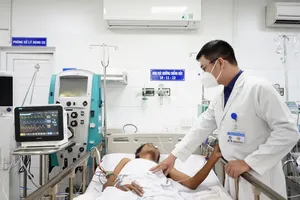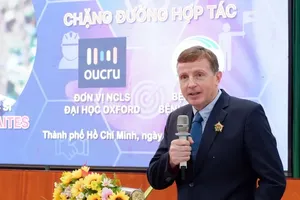The UN country team in Vietnam plans to launch a pilot HIV treatment method ‘2.0’ - a new generation of HIV treatment, which radically decreases AIDS-related deaths and helps to prevent HIV infection.
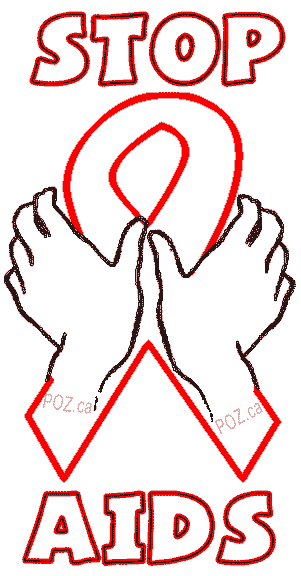
Representatives from the United Nations office in Vietnam yesterday congratulated and expressed their appreciation of the country’s efforts in taking the lead in accessing HIV prevention and treatment methods.
According to Bui Duc Duong, deputy head of Vietnam Administration of HIV/AIDS Control, Vietnam’s pilot treatment method ‘2.0’ aims to provide everyone in need with HIV prevention, treatment, care and support.
The pilot treatment ‘2.0’ method will launch later this year in provinces with the highest HIV cases.
In Vietnam, the HIV epidemic is concentrated predominantly amongst people who inject drugs, men having sex with men and female sex workers. Currently, 254,387 people are living with HIV. Vietnam’s response to HIV has been successful and access to treatment in the past five years has increased to 54% in the adult population who receive antiretroviral therapy.
However, most people living with HIV seek treatment too late and when their immune system has weakened and infections such as tuberculosis have set in. In such cases, treatment is much less effective, resulting in increased deaths.
Treatment ‘2.0’ is a joint initiative of WHO and United Nations Program for HIV/AIDS (UNAIDS) and includes a more optimized drug regime for people living with HIV in low-cost community areas. Evidence in recent studies confirms that in addition to saving lives, anti-retroviral therapy, if initiated in the early stages, can successfully suppress and reduce the risk of HIV infection.
